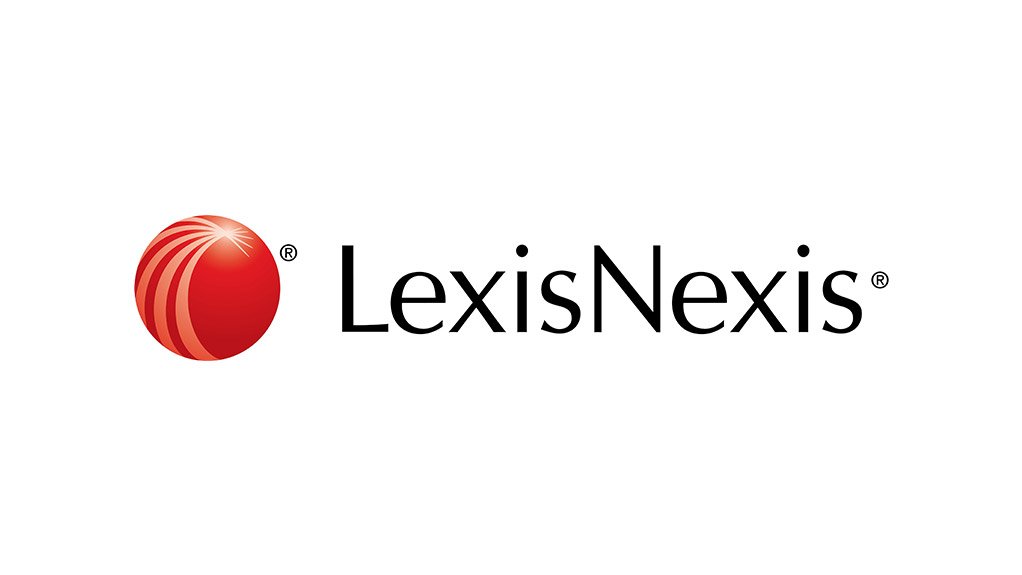The financial services sector is faced with a high level of regulatory and compliance requirements and finance executives are increasingly expected to master areas outside of their traditional skill set.
These requirements are not static and – while the increase in demand and need for such compliance is an essential part of safe and effective service delivery to the public, private and consumer sectors – the issue remains that existing resources need to be stretched in order to maintain compliance.
“By the very nature of their work, banking and financial service organisations face constant regulation, yet the escalating requirements and increasing regulatory challenges they face, need to be met by an existing staff component in order for bottom line deliverables to be achieved,” says Bosman Stramrood, Governance Risk and Compliance (GRC) at LexisNexis South Africa.
“The challenge is to strategically streamline these processes in order to deliver against business strategies, while continually assessing and maintaining risk and compliance in a dynamic environment.”
More and more, GRC is becoming an essential component of the day-to-day mandate of finance organisations and executives. Apart from protecting the business from liability, GRC can be leveraged for competitive edge to remain agile, enhance accountability and transparency, and boost performance.
The need to drive new business development to meet the ever-changing demands of a diverse and increasingly savvy yet non-loyal consumer base, as well as compete for market share and assess risks against a backdrop of market volatility, make it imperative for financial service providers to operate under an integrative system for GRC requirements.
Stramrood says integrating activities under a single, technologically driven framework provides the financial services sector with a manageable yet cost effective tactic to deliver in this environment.
A siloed approach, he says, is not just costly, but leads to error – especially human error. “Automation reduces the risks of human error, and customisable systems make for more effective management of the variety of GRC challenges faced by an organisation,” he says.
Specific challenges that the financial services sector face, that can be streamlined with the implementation of an automated GRC system include:
- Conduct risk
- Regulatory compliance
- Credit risk
- Cybersecurity risk
- Reputational risk
An end-to-end GRC solution can enable finance professionals to manage governance, risk and compliance more effectively while upholding stakeholder trust and transparency. The best systems are those that are content enabled to keep users on top of constant regulatory changes, and electronically equipped with automated outcomes to maximise potential output and productivity.
For more information visit: www.lexisnexis.co.za/lexisgrc
EMAIL THIS ARTICLE SAVE THIS ARTICLE ARTICLE ENQUIRY
To subscribe email subscriptions@creamermedia.co.za or click here
To advertise email advertising@creamermedia.co.za or click here











